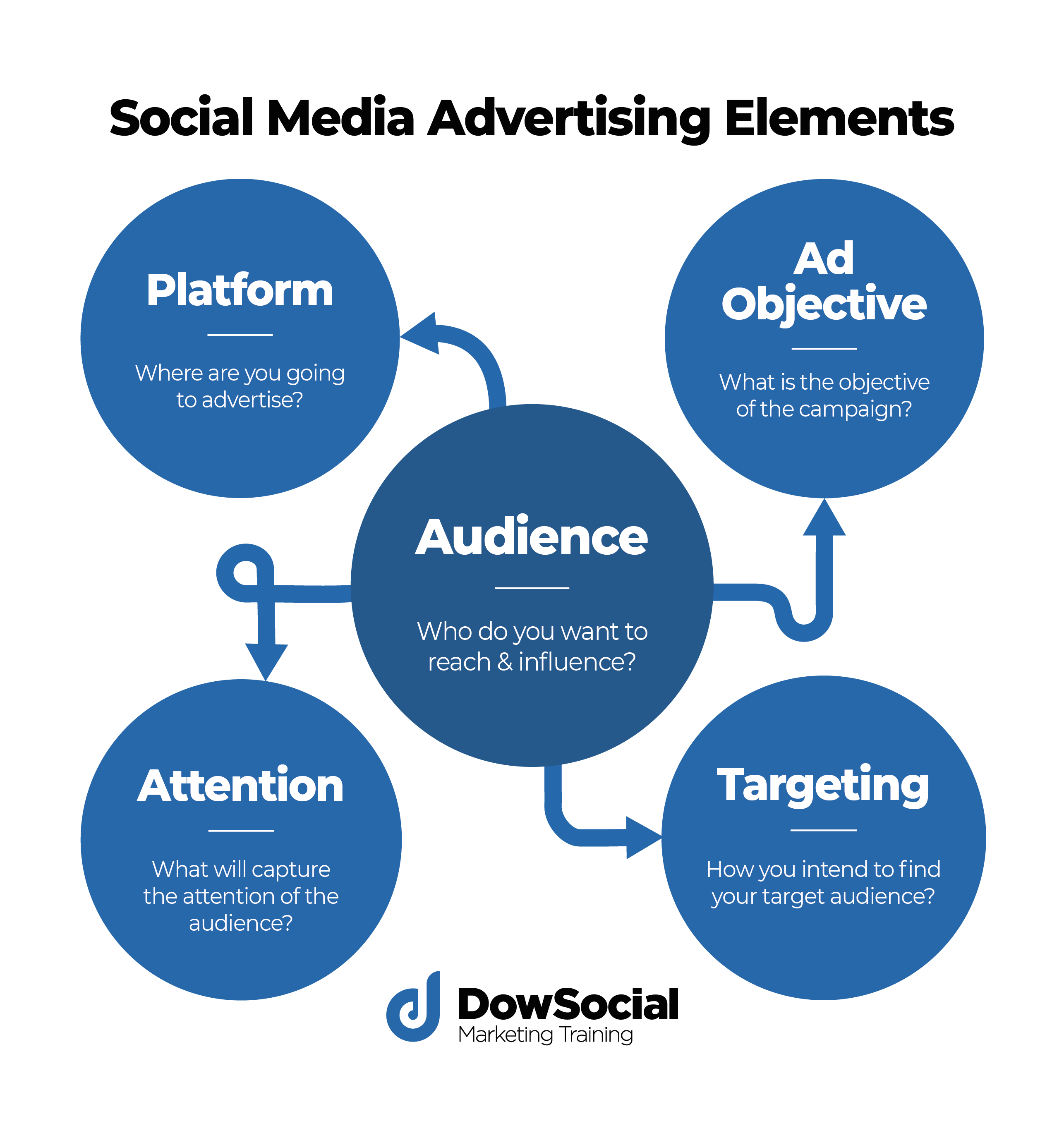The Dynamic Pair: In What Way Brand Visibility and Social Networking Fuel Achievement
In the fast-paced technological world, the achievement of a business gradually relies on its branding and social networking strategy. Companies that recognize the significant relationship between these two elements often find themselves in front of the competition. A robust brand presence establishes trustworthiness and builds trust with clients, while efficient media outreach boosts this image, allowing companies to engage with their followers in the moment. This marriage not just increases visibility but also fosters customer loyalty, eventually propelling profit and expansion.
As increasing consumers rely on social networks for product recommendations and brand interactions, companies must leverage this space to their advantage. A brand marketing agency can guide businesses in creating a integrated strategy that combines compelling brand messaging with vibrant social media efforts. By this, businesses can establish valuable connections with their audience, ensuring they stand out in a noisy field. Harnessing the power of brand and social networking not only improves a company’s standing but also sets the foundation for long-term prosperity.

A Significance of Brand Presence
In the current cutthroat marketplace, a robust brand presence is essential for every business striving to succeed. It creates familiarity and trust among consumers, making them more likely to select a particular brand over its competitors. A well-defined brand helps to convey the core values and mission of a company, allowing it to cultivate a loyal customer base. When Our Own Brand recognize and connect to a brand, it fosters an emotional connection that can result to recurring purchases and long-term relationships.
Furthermore, brand presence contributes to the overall view of a company in the eyes of its stakeholders. The power of a well-presented brand goes beyond immediate sales; it affects how potential investors, partners, and even staff view the company. A strong brand can differentiate a company in multiple aspects, resulting to increased interest from the media and improved credibility in its industry. This image can create doors to prospects that may not have been accessible otherwise.
In conclusion, with the rise of digital platforms, brand presence is more crucial than ever. Consumers often encounter brands through social media and online channels, making it necessary for businesses to maintain a consistent and engaging image across platforms. This uniformity reinforces brand recognition and boosts visibility. A brand marketing agency can be crucial in ensuring that a company's online identity aligns with its comprehensive brand strategy, maximizing its impact in a digital-first world.
Social Media Strategies for Growth
A robust presence on social media can significantly enhance brand recognition and engagement. Brands should determine their demographic and tailor posts to align with this segment. By leveraging insights from social media analytics, businesses can craft updates that appeal directly to their audience's preferences and preferences, leading to higher interaction rates. Engaging images, genuine storytelling, and community involvement can help forge a brand's identity and create lasting connections.
Regularity is crucial in maintaining an effective social media presence. Brands should develop a content calendar to ensure a consistent flow of mixed posts, including promotions, behind-the-scenes glimpses, and content created by users. This strategy not only keeps the audience engaged but also strengthens brand recognition over time. Partnering with influencers who align with the brand's principles can additionally amplify reach and credibility, attracting new followers and potential customers.
Observing and responding to audience feedback is important for long-term success in social media marketing. Brands should foster dialogue by addressing comments and messages promptly. Utilizing social listening tools can help track brand sentiment and identify trends that can inform future strategies. By understanding what resonates with their audience, brands can refine their messaging and increase overall engagement, ultimately leading to greater loyalty and sales.
Measuring Influence and ROI
To efficiently evaluate the effect of corporate and social media marketing, businesses can make use of a range of indicators that show interaction, exposure, and conversion rates. KPIs such as thumbs-ups, retweets, feedback, and click-through rates can provide valuable insights into how well a brand's communication connects with its audience. By analyzing these metrics, businesses can determine the efficacy of their initiatives and make data-driven decisions to improve their promotional efforts.
In addition, brands can track ROI by evaluating the monetary results associated with their marketing efforts. This involves contrasting the income generated from digital campaigns against the investments incurred during those campaigns. Tools like analytics tools and social media analytics platforms enable companies to gain a clearer understanding of their financial health and the overall performance of their marketing initiatives, providing a clear way to justify advertising costs.
Finally, combining corporate identity and social media efforts into a holistic marketing strategy allows businesses to assess both immediate and long-term effects on brand equity and client retention. By factoring in the lifetime value of customers acquired through social media engagement, brands can gain insights into the total influence of their efforts. This detailed measurement process not only aids in refining promotional strategies but also solidifies the benefit of collaborating with a promotional agency that can boost visibility and drive enduring growth.